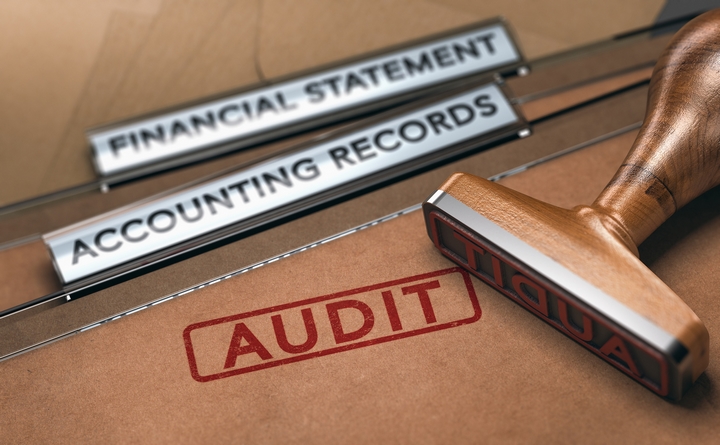
Have you ever been a part of an audit? If so, then you know the headaches involved. If not, then just you wait until you are a part of one. It can turn a business – large or small – upside down and wreak havoc on your corporate reputation, even if the process and results are benign. However, not all audits are equal; there are various categories of audits for different things. Some of them are not too big of a deal, and a few of them will make you want to crawl into a hole.
No one will argue the fact that audits can turn your company upside down. The very word audit can send shivers up and down your spine. It triggers nightmares among company owners, executives, and anyone who handles the books. However, certain types of audits are useful in not only catching unscrupulous individuals and schemes, but also in improving your operations, remedying mistakes, and instituting fairness.
For the most part, the different types of audits can serve as checkups. It is the audits led by the government that can induce headaches since the state has infinite resources to make your life a living hell. Let’s hope that with tax season around the corner, you do not need to bite your fingernails.
Here are the nine popular types of audits for businesses:
Type #1: Financial Audits

A financial audit is the most common type of audit to experience, and nearly all of them are external. This consists of the auditor determining the accuracy and fairness of a company’s financial statements by reviewing balances, procedures, transactions, and anything else related to pecuniary matters.
Once the audit is complete, the professional audit company will make an opinion on freight expenses, business expenditures, and profit margins. The company will then submit the findings to investors, creditors, or lenders.
Type #2: Investigative Audits

Do you suspect someone of committing inappropriate or fraudulent activity? An investigative audit probes into a specific area or particular individual when there is a suspicion of foul play.
The purpose for these types of audits is to find the intent, apply some remedies, and collect enough evidence to charge, arrest, and prosecute the culprit.
Type #3: Tax Audits

A tax audit will reveal if you overpaid or underpaid your taxes. In the United States, these types of audits are happening less and less. However, in Canada, tax audits are becoming more frequent – and not just for the wealthiest of Canadians.
Since more people are making money on the side or earning a full-time income online, the Canada Revenue Agency is looking at discrepancies and potential evasion at random.
Type #4: Compliance Audits

Are you complying with internal and external standards? Indeed, some businesses may violate certain rules and regulations without even knowing it. This is why a lot of enterprises establish a voluntary compliance audit to ensure that they are meeting the objectives of the overall company or complying with the state’s laws. The topic could range from workplace safety to employee compensation.
Type #5: Information Systems Audits

An information systems audit is a bit more complex than most other audits. This process involves reviewing the controls of software development, the protocols of data processing, and the procedures of computer systems access.
The purpose is to both highlight any derelictions and offer accuracy to users or parties requesting that information.
Type #6: Internal Audits

Internal audits happen when the business owner wants to find out if the company is meeting its financial objectives. This kind of audit typically takes place inside publicly-traded firms, but any business can initiate one.
These types of audits are great ways to search for improvements, evaluate risk management, ensure compliance (see above), and verify financial information.
Type #7: External Audits

An external audit is the same idea as an internal one, but this is performed by a third party, like an account, a law firm, or the Canada Revenue Agency. As an internal audit, the external’s goal is to learn if all the financial information is accurate.
Type #8: Operational Audits

An operational audit can be likened to an internal audit, except this one assesses and analyses the operational specifics, such as planning processes, daily procedures, operational results, and improvement proposals. These types of audits can be completed either internally or externally.
Type #9: Payroll Audits

Let’s face it: When you are handling the payroll of hundreds or even thousands of employees, there will be mistakes and discrepancies. The only way to prevent this from happening, or perhaps to correct the errors of the past, is to trigger a payroll audit – either internally or externally.
A payroll audit will study pay rates, tax withholdings, wages, staff information, and anything else relating to payroll. It is highly recommended to perform these types of audits every year to find out if there are errors in any payroll processing mechanisms and to maintain compliance. In the end, you will be glad you did.